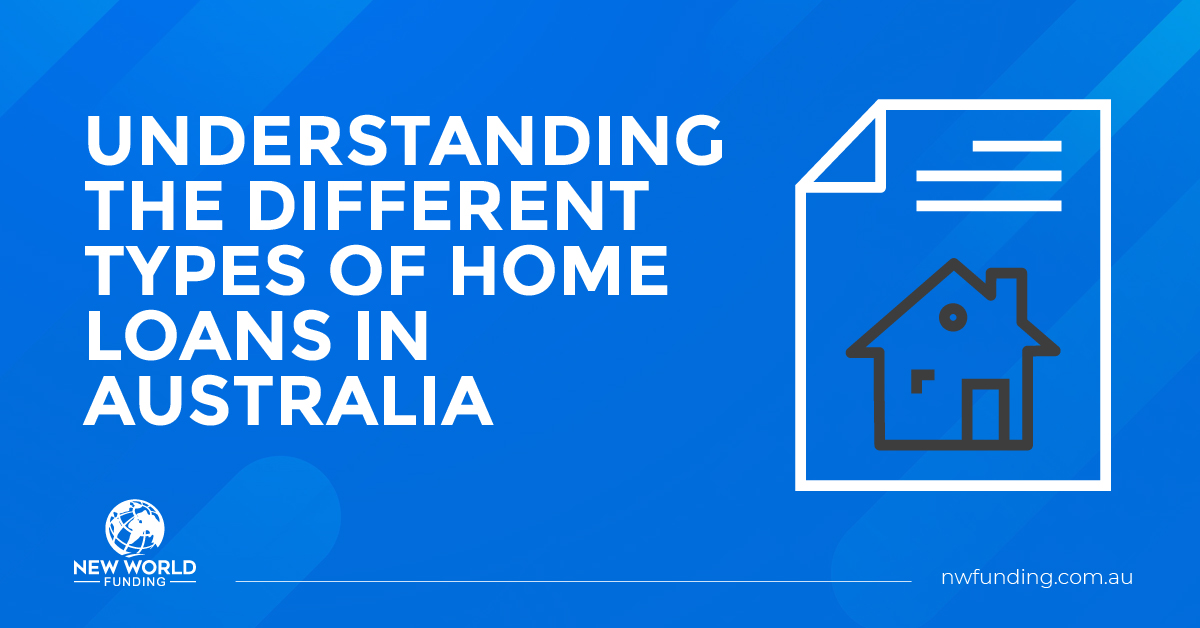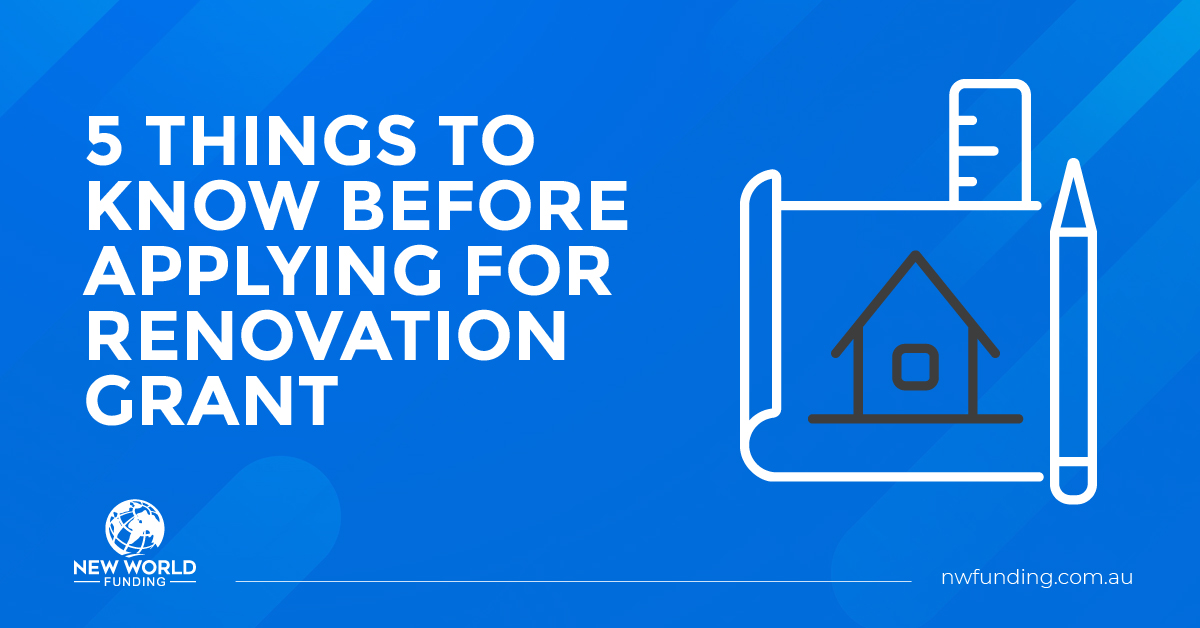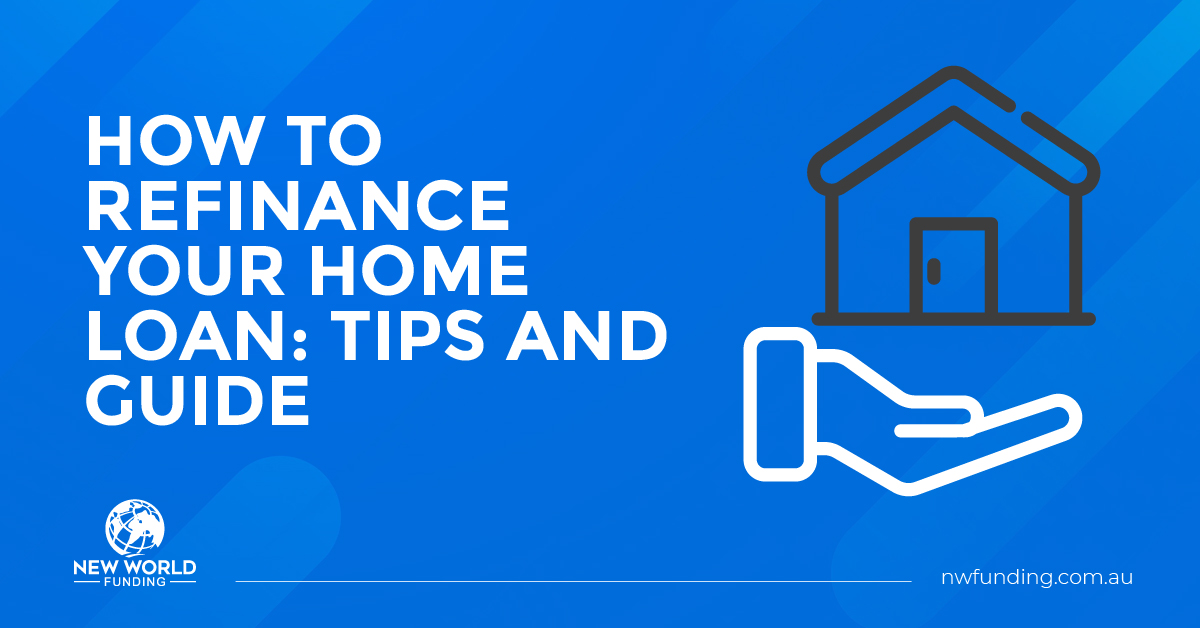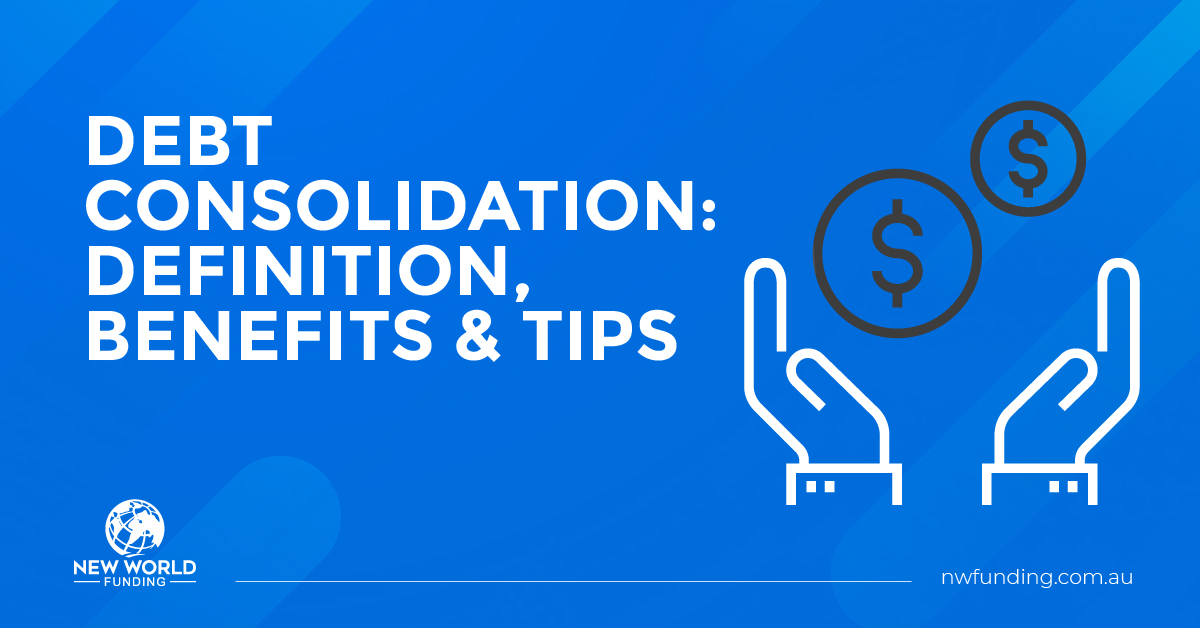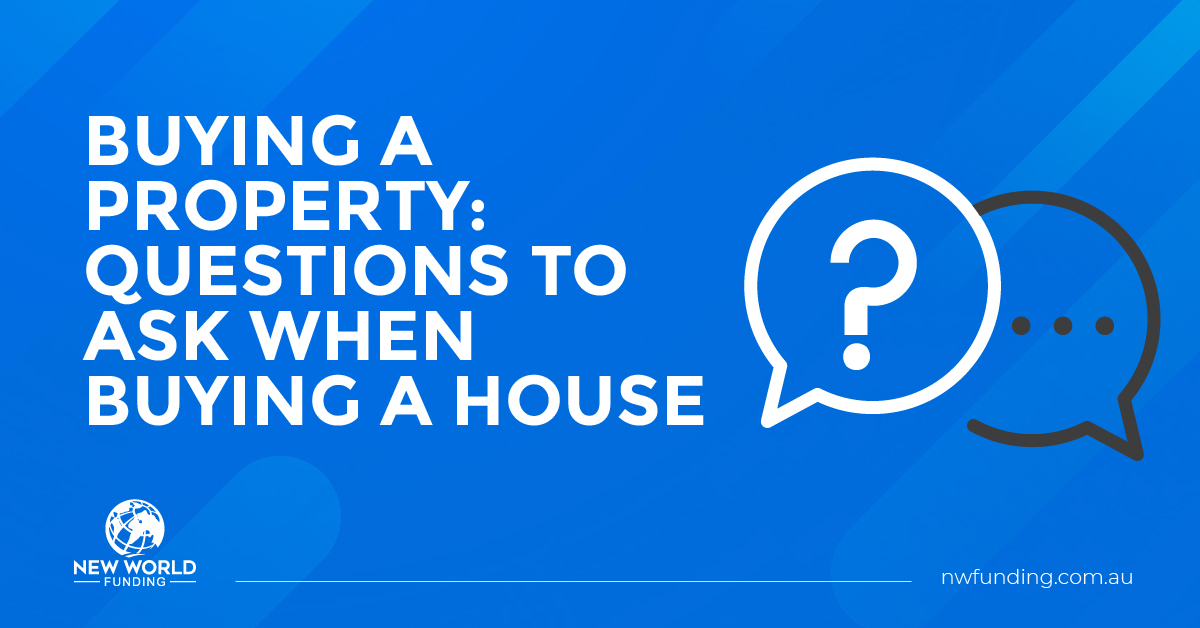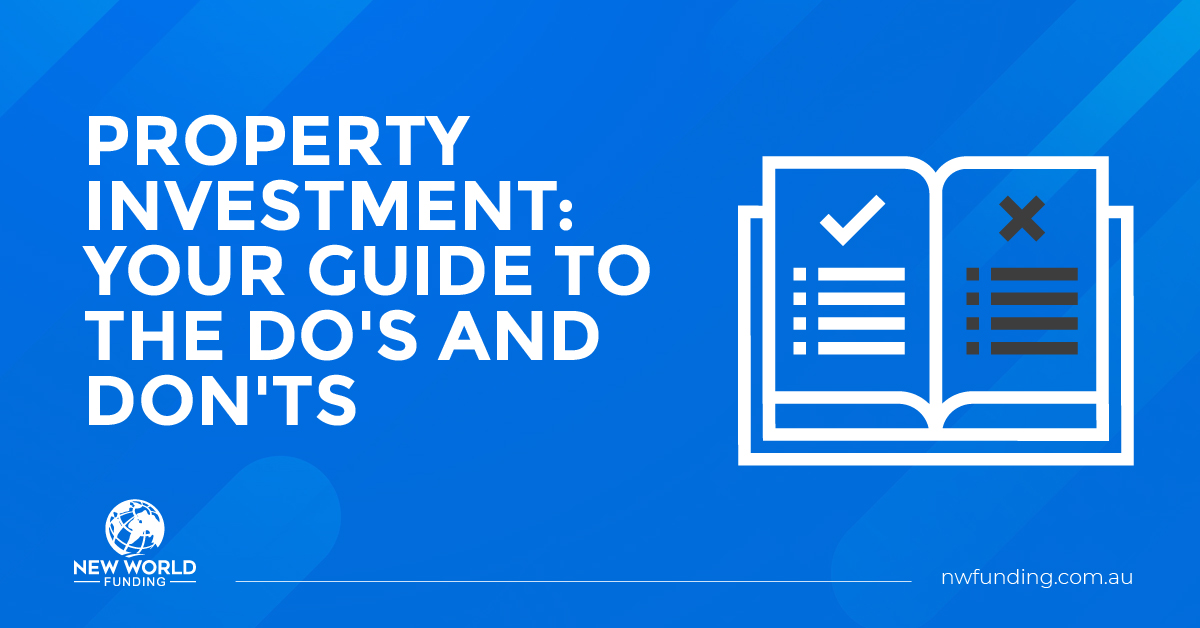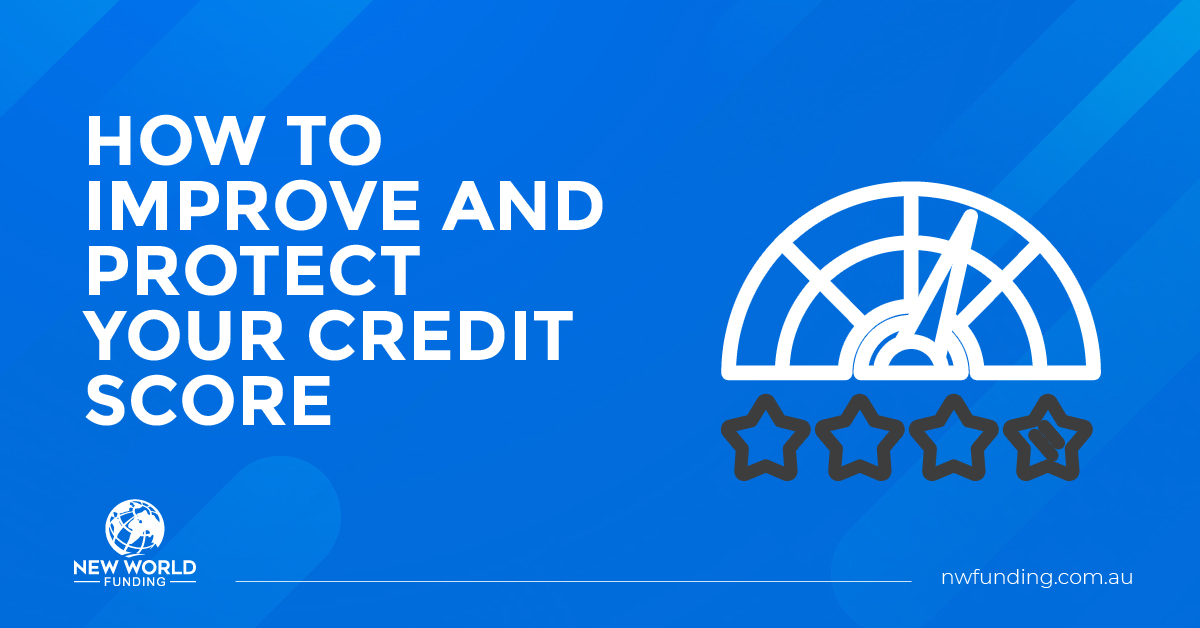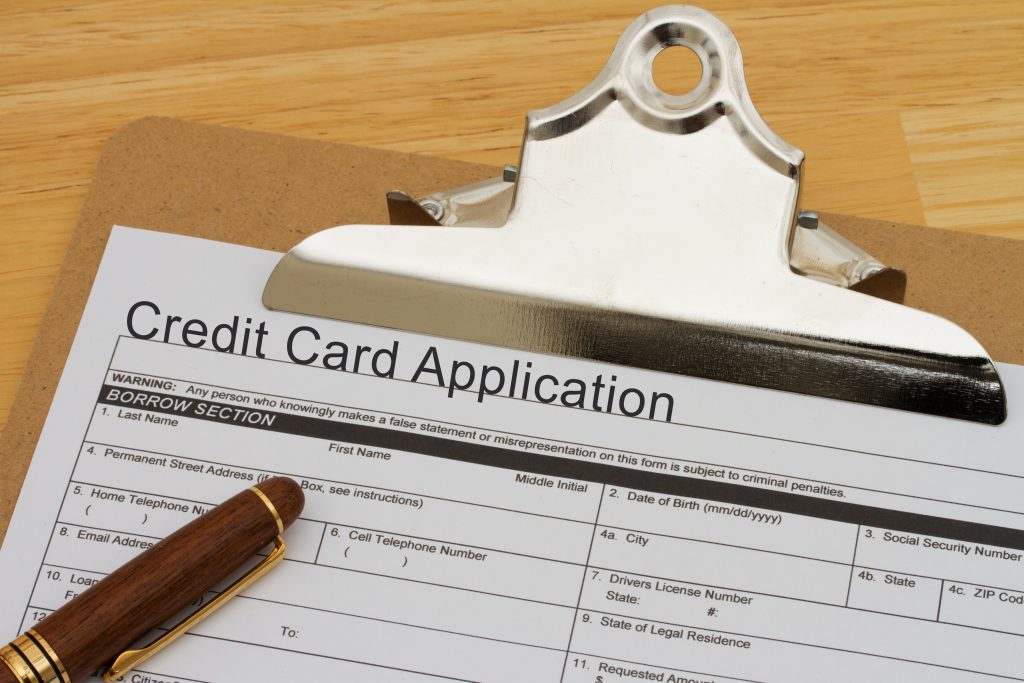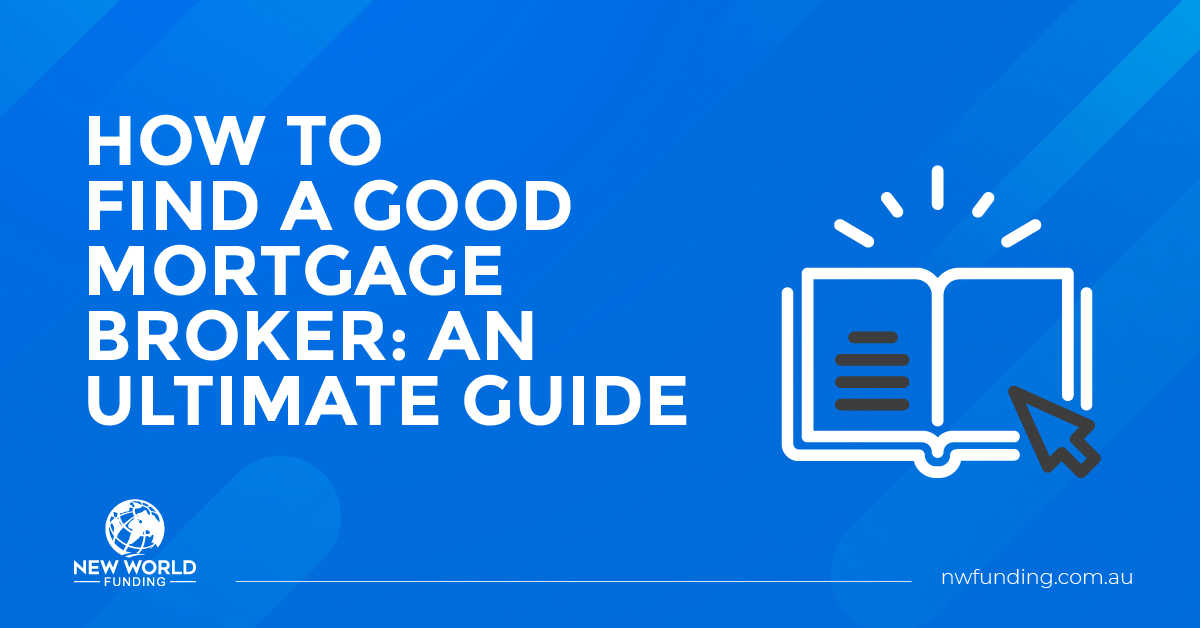Are you planning on buying a new home? Have you ever wondered about the different types of property-backed loans and home loans in Australia? Are you confused about which one would be best for you? Understanding your options, including the benefits, drawbacks, and risks, will help you make an informed decision.
There are three major mortgage types in Australia:
- Fixed-Rate Mortgages (FRM)
- Variable-Rate Mortgages (VRM)
- Interest-Only Home Loans (IO)
Each one of these three mortgages has its pros and cons, so it’s essential to understand what each entails before making a decision when it comes to buying a house.

Fixed-Rate Mortgages (FRM)
Considered the “safest” type of home loan in Australia due to their low-interest rates, fixed-rate mortgages are also one of the most restrictive types. When you take out an FRM, you have to remain in the same home for a set period of time. Some loans even include a clause restricting you from switching lenders if rates go down.
The interest rates on FRMs are usually higher than those of VRMs and IO loans, but they offer stability and predictability. If you’re someone who likes to know exactly what your payments will be each month, or if you’re worried about rising interest rates, then an FRM may be the right choice for you.
Fixed-rate mortgages are ideal for people who do not want any unexpected surprises and can afford to fix their payments at one low rate over an extended-term (usually 15-30 years).
Additionally, as the interest rates on FRMs are higher than those of VRM and IO loans, they’re excellent choices for buyers who can afford a larger down payment.
Variable-Rate Mortgages (VRM)
On the other hand, variable-rate mortgages come with a higher risk but also offer the potential for greater returns. Because interest rates can change on a monthly or even daily basis, your payments will vary accordingly. If you’re comfortable with this level of uncertainty and are able to plan for it, then a VRM may be the right one for you.
Variable-rate mortgages are ideal if you’re interested in taking advantage of lower rates when they arise and can handle having to pay more each month as interest rates rise (up to a certain point). The process of refinancing is much easier with VRMs, and they’re an excellent choice for people who like to have some flexibility in their payments.

Interest-Only Home Loans (IO)
Interest-only home loans are much more flexible compared to the first two home loan types. This type of loan allows you to pay only the interest on your mortgage for a set period of time, usually five or seven years. However, at the end of this “interest-only” period, the principal (the actual amount you borrowed) must be repaid in full.
This type of loan is ideal for people who want to reduce their monthly payments but don’t have the extra cash flow necessary to pay back a significant amount of principal each month. They’re also great if you need time to build up an emergency fund or simply aren’t ready to commit all your money toward paying off your mortgage in full.
The downside of interest-only mortgages is that you will have to make a lump sum payment at the end of your “interest-only” period. This can be difficult if you’re not financially prepared, and it’s important to keep in mind that there are no extensions with this type of loan.
Summary
Whichever mortgage type you choose, it’s important to remember that there are risks associated with all of them. Carefully assess each type of mortgage and ask yourself which one best suits your needs. It’s always a good idea to consult with a financial advisor or broker before making any decisions to get their professional opinion on what would be the best fit for your unique situation.
At NWF Capital, we understand that banks aren’t always the best places to turn for home loans and property-backed finance. That is why you can turn to us. We’ll collaborate with you to ensure our loans are tailored to suit your specific needs. We are committed to providing a unique experience for each and every client.
Please call us today on 1300 974 985 or leave us a message and we will get back to you within 24 hours.
